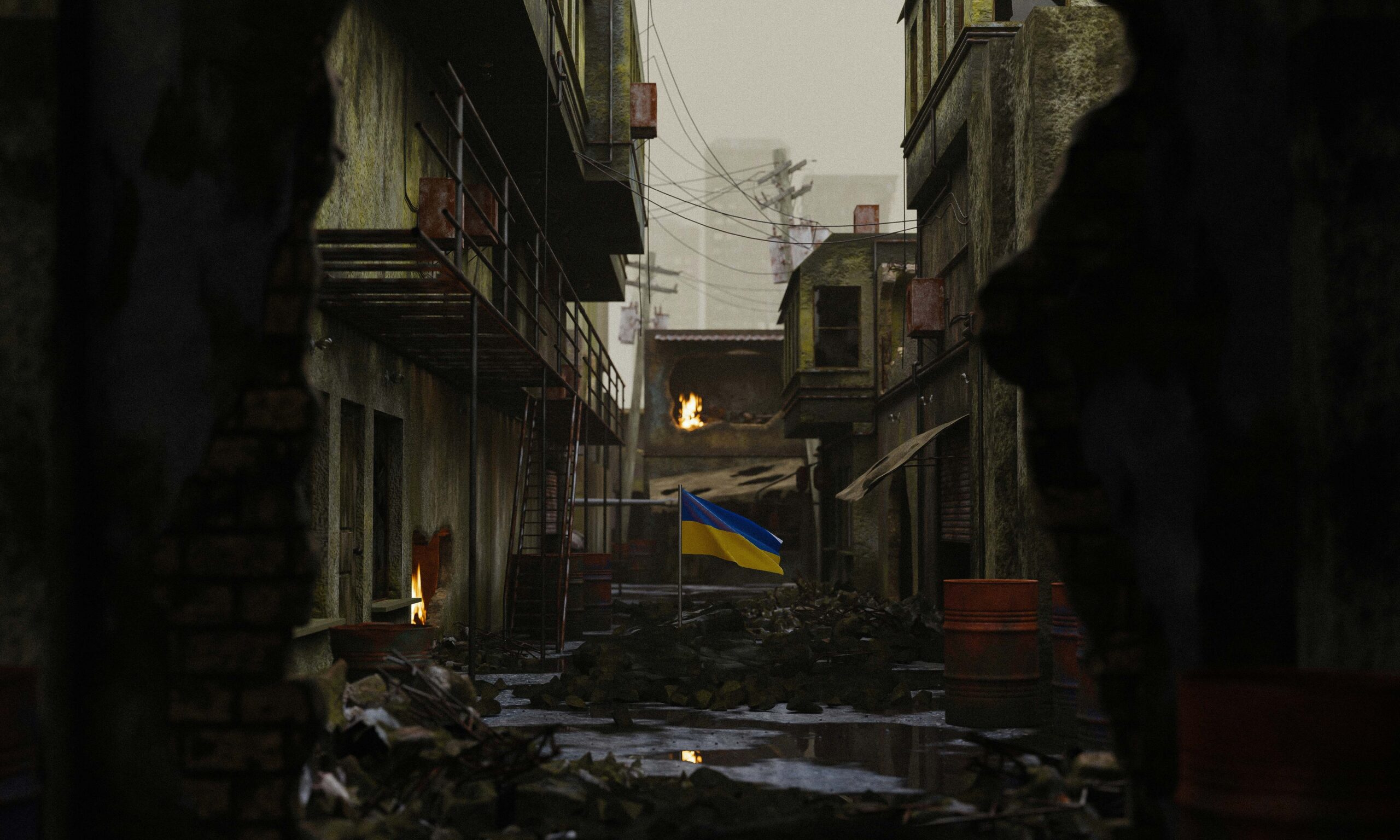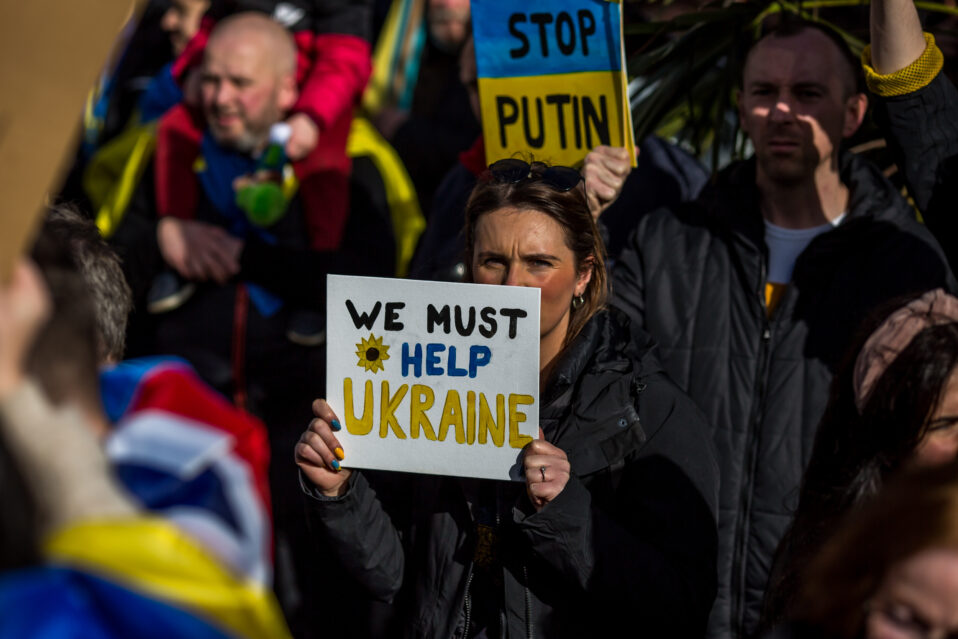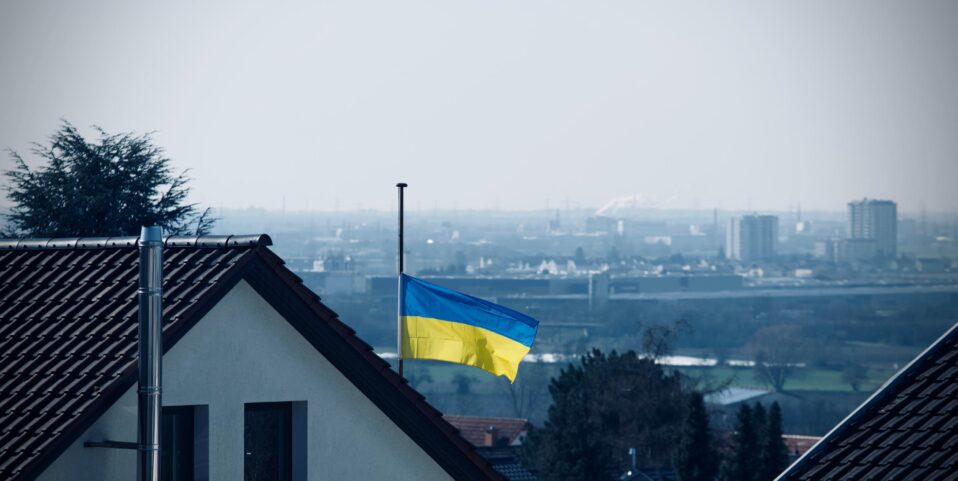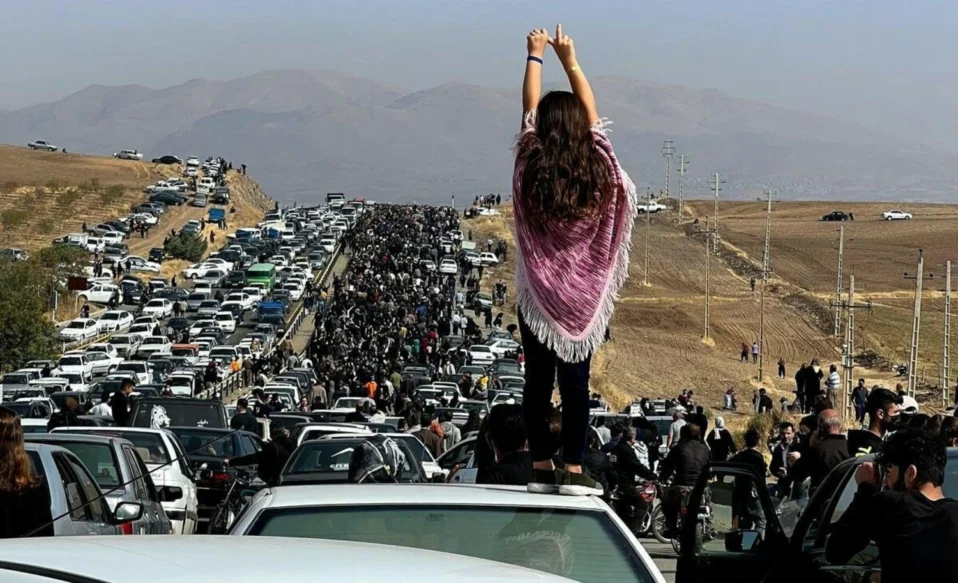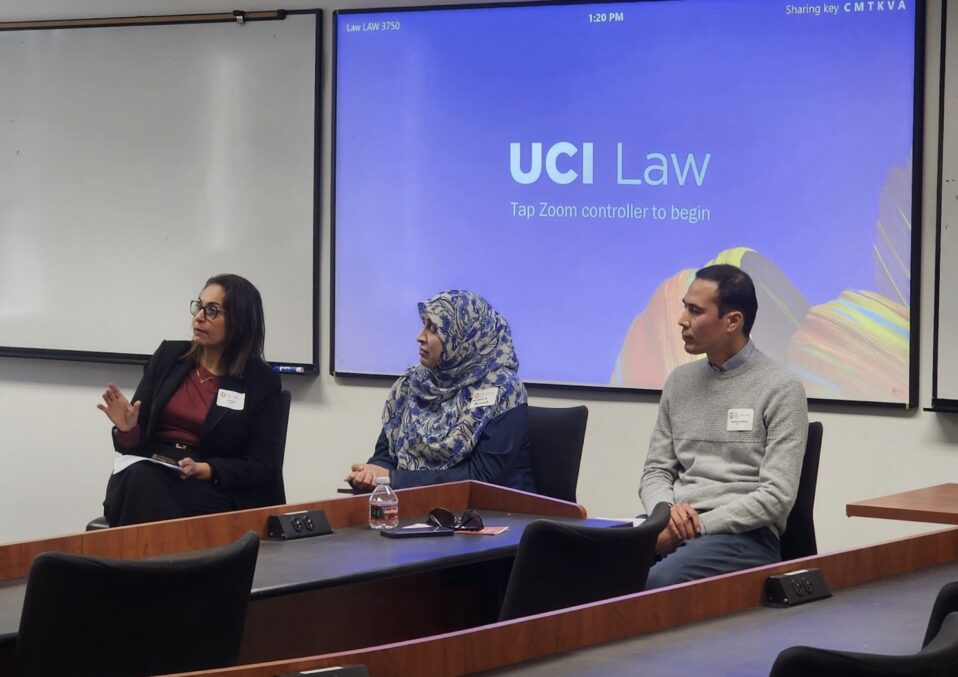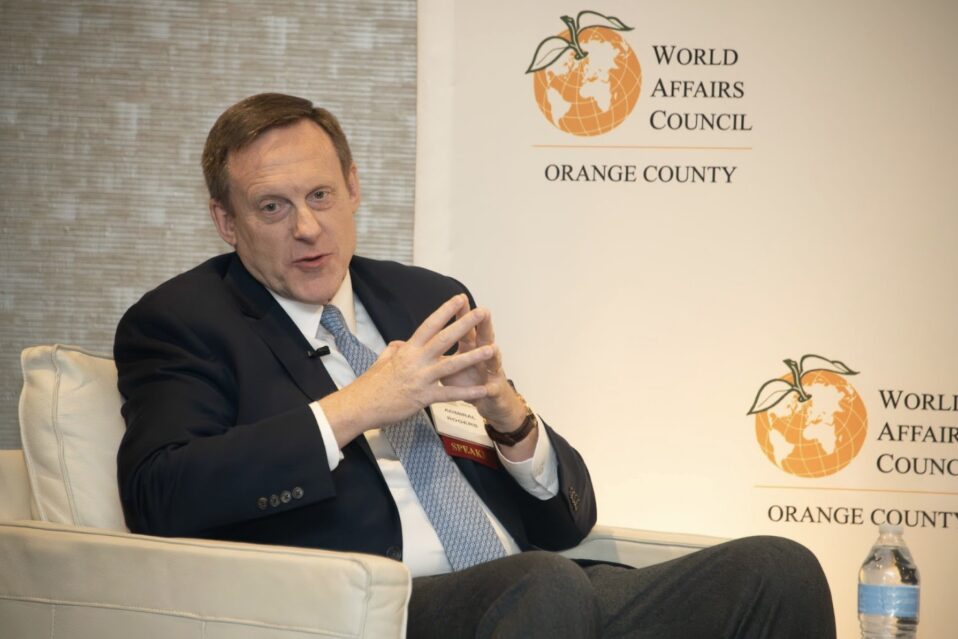Why the West Gets Russia Wrong: Historical Impasses to Achieving Peace in Ukraine
As the Russo-Ukrainian War enters its third year of full-scale kinetic conflict, the majority of Western politicians, media, and defense analysts contend that continued Western military aid to Ukraine is imperative in order to effectively wage a war of attrition against Russia. Much of this analysis of Russia’s decision to invade Ukraine in February 2022 is predicated on a typology of Russian neo-imperial revanchism, and subsequently maintains that Russia, operating from fundamentally nationalist motives, seeks to conquer the portions of former Soviet states where large populations of ethnic Russians reside. While Russia’s February 2022 invasion undoubtedly violates both Ukraine’s territorial sovereignty and international law, the commonplace depiction of Russia as endeavoring to overturn the existing world order is misplaced, in that it largely fails to examine the specific historical grievances that frame the Russian perspective. The purpose of this article is not to condone Russia’s invasion of Ukraine – which is wholly condemnable – but rather to investigate why the United States and its NATO allies’ framing of the Russian strategic objective suffers from a miscalculation of Russia’s security interests that risks escalating the present conflict rather than diminishing it.
The first factor that merits consideration is Russia’s claims to eastern Ukraine on the grounds that it has a historical right to them. Setting aside arguments espousing that Ukraine has been a part of Russia since the medieval period in favor of more recent history (where the concept of statehood can be more justifiably applied), one facet that has been largely neglected by most Western analysts is the fact that the Donbas and Crimea were indeed recognized as Russian territory under international law up until 1922 and 1954, when Lenin and Khrushchev, respectively, transferred them from the Russian Soviet Federative Socialist Republic (RSFSR) to the Ukrainian Soviet Socialist Republic (UkSSR).
These transfers were not seen by Soviet authorities as the granting of sovereignty over these regions to any independent Ukrainian state, seeing as the UkSSR was itself a union state of the Soviet Union. Indeed, in the case of Crimea, the decision to transfer it from the RSFSR to the UkSSR originates in a remarkably mundane manner: the arrangement of funding for a construction project, the Kakhovka Reservoir and North Crimea Canal. Seeing as the construction site sat astride the RSFSR and UkSSR, Gosplan, the Soviet central economic planning committee, advised that Crimea be transferred from the former to the latter in order to simplify the funding process, since it was then standard practice for large infrastructure projects to be funded by only a single union state. Thus the reason for the transfer of a region with a predominantly ethnic Russian population to what, following the collapse of the Soviet Union, became the sovereign state of Ukraine rests on a procedural decision whose considerations were not only principally financial rather than political, but which were also framed in regard to a single site rather than the entire region.
The second factor worth consideration is the role that NATO expansion has played in stoking existential fears of encirclement in Russia. While European states have every right to accede to NATO, provided that they meet the organization’s provisional requirements and are unanimously accepted, nonetheless, it would have behooved NATO to consider how these decisions would be perceived by Russia. Scholars have rightly observed that the prerequisite spread of democracy to potential NATO member-states threatens Russia’s authoritarian model. Such a situation is in part exemplified by the 2004 Orange Revolution, poignantly described by Ian Traynor, the late esteemed journalist of The Guardian, as “an American creation, a sophisticated and brilliantly conceived exercise in western branding and mass marketing.” The leak of the Nuland-Pyatt phone call, in which Victoria Nuland, the U.S. Assistant Secretary of State for European and Eurasian Affairs, and Geoffrey Pyatt, the U.S. Ambassador to Ukraine, discussed ways to manage the outcome of the political upheaval that emerged during the 2014 Maidan Revolution further heightened Russia’s concerns that not only was the United States seeking to spread democracy to Russia’s periphery, but that it was also, ostensibly, interfering in Ukrainian politics. Such interference would, so Moscow maintained, violate the 1994 Budapest Memorandum, in which the United States, Russia, and United Kingdom all agreed to respect the independence and sovereignty of Ukraine. Efforts to foster democracy abroad are commendable, but when they risk being perceived as covert meddling, short-term tactical gains might best be set aside out of consideration of greater strategic objectives, of which avoiding accusations of hypocrisy, whatever the merit of such accusations, ought to be one.
These events, when coupled with others such as the United States’ earlier withdrawal from the Anti-Ballistic Missile Treaty in 2002, former Ukrainian President Petro Poroshenko’s signing in 2019 of a constitutional amendment that committed Ukraine to joining NATO, and the establishment of a U.S.-Ukraine Strategic Defense Framework in 2021 can thus be seen as having progressively exacerbated Moscow’s fears of encirclement. President Zelenskyy’s remarks on February 19, 2022 at the Munich Security Conference that “I hope no one thinks of Ukraine as a convenient and eternal buffer zone between the West and Russia. This will never happen” as well as “Ukraine has received security guarantees for abandoning the world’s third nuclear capability. We don’t have that weapon. We also have no security” certainly did nothing to allay Moscow’s concerns. Indeed, Russia interpreted the latter remark as an insinuation that Ukraine would, provided that it became admitted to NATO, endeavor to obtain nuclear weapons, something that would also violate the Budapest Memorandum, in which Ukraine acceded to the Treaty on the Non-Proliferation of Nuclear Weapons. The idea of Ukraine, especially a Ukraine including the Donbas and Crimea, possessing NATO nuclear weapons was anathema to Moscow.
For those Western analysts hoping that a war of attrition will lead to a strategic defeat of the Russian armed forces, it would be prudent to keep in mind that, regardless of whatever degradation that the Russian military has incurred over the past two years, the fundamental problems remain unaddressed. Consequently, as the conflict grows increasingly protracted, the risk increases that Russia will resort to further extremism and violence in order to inculcate its point. Conversely, those in the West who worry that Russia will invade Poland or the Baltic states might do well to recognize the great improbability of such campaigns on logistic and economic grounds. Only through totally mobilizing Russian society into a wartime economy could Russia stand to expand its military operations abroad into any NATO state, and Moscow is unlikely to hazard making such a move owing to the substantial risks and instability that such a transformation would entail.
Unless the West is able to at least acknowledge the Russian perspective, the present conflict only stands to escalate. This does not mean that the West should accept Russia’s narrative or acquiesce to the spread of authoritarianism. What this does suggest, however, is that democracy might be better fostered abroad through patient engagement – even if it requires uncomfortable short-term compromises – rather than through more overt contestation. As such, considering a negotiated settlement that allows Russia to continue to possess Crimea and parts of the Donbas might, however unpalatable such a proposition may appear, be the only course that spares Ukraine protracted bloodshed and further destruction: if achieving a strategic military defeat of the Russian armed forces comes at the cost of transforming eastern Ukraine into a wrecked crucible, than the West must consider whether the minimization of noncombatant casualties is truly the priority that it so espouses this principle to be.
After all the destruction that the Russian armed forces have wrought upon Ukraine, engaging with Russia to find an offramp no doubt appears as a most distasteful course of action. Once again, however, such engagement with Russia should not be viewed as an acquiescence or acknowledgement of defeat. Rather, it should be seen as a pragmatic and realistically achievable course of action that can actually deescalate the conflict without humiliating Russia. Western advocates for achieving a strategic military defeat of the Russian armed forces in Ukraine as essential to deterring alleged Russian neo-imperialism would be wise to recall the effects that such humiliation had on Germany following World War I. Those Western advocates who see any form of negotiated settlement as catering to authoritarian domination might very well then be setting the stage for a much worse conflict with Russia in the future. Ending the war in Ukraine might involve the negotiation of an imperfect peace, but such a result is far preferable to a perfect world war.
Written by: Mason W. Krusch, a master’s candidate in Northeastern University’s Global Studies and International Relations program.

